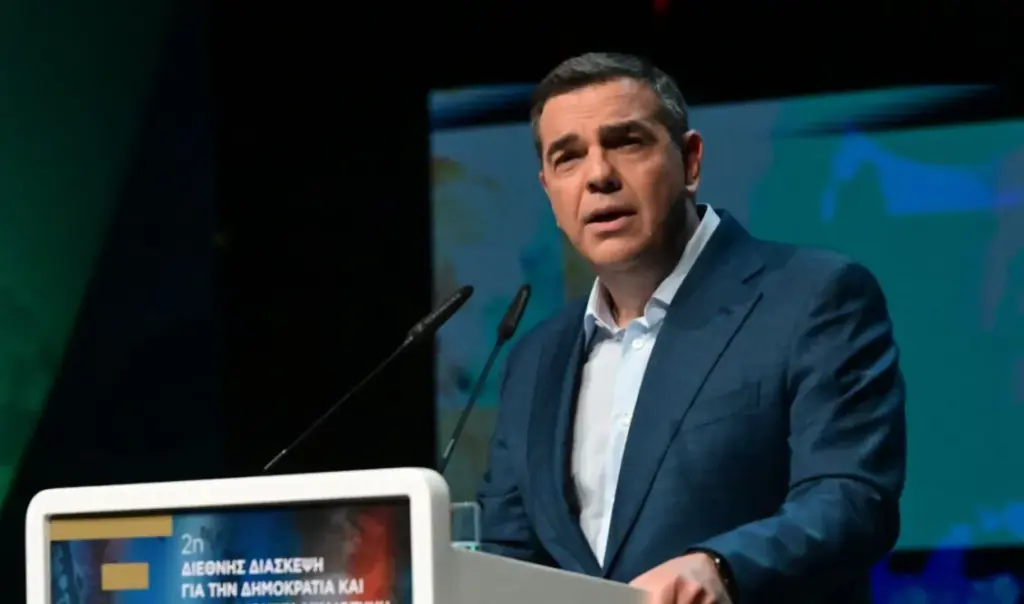Alexis Tsipras is writing the final pages of his book, as the former prime minister spent almost the entire summer documenting his perspective on the events of 2015, the third bailout program, and the referendum.
In a recent interview with French newspaper Le Monde, he stated that “the time has come to reveal the truth and correct certain myths circulating about 2015. It’s true that, unlike many others who didn’t all participate in the negotiations, I haven’t spoken about this dramatic period for Greece, even though I was the main protagonist. That’s why I’m writing a book, which will be published by the end of the year.”
In the coming days, the former prime minister is expected to choose the publishing house he will collaborate with, as several have already expressed interest. Alexis Tsipras aims to have his book on bookstore shelves by late November to early December.
With the publication of his book, Alexis Tsipras will close the 2015 chapter, about which much has been said. From then on, the former prime minister is expected to launch his next moves directly related to his new party and political future. These moves are obviously expected to take place in 2026.
On Friday – one day before the prime minister’s speech at the Thessaloniki International Fair – Alexis Tsipras is expected to speak at the Economist – PowerGame.gr conference in Thessaloniki, held under the auspices of PARAPOLITIKA. Through his speech, he is expected to set the agenda on which the political confrontation between himself and the government will unfold.
He is expected to harshly criticize the government’s policies while specifically addressing the prospects the economy should have in the coming years.
It should be noted that in his recent interview with the French newspaper, the former prime minister referenced the OPEKEPE scandal and the policies pursued by the Mitsotakis government on the economy, forcing government spokesman Pavlos Marinakis to respond to Alexis Tsipras for seven consecutive days.
The former prime minister noted that the current government failed to capitalize on the opportunities offered by the end of the country’s financial support program. He emphasized that current economic growth benefits only a minority and highlighted “widespread corruption,” referring to the OPEKEPE scandal.




